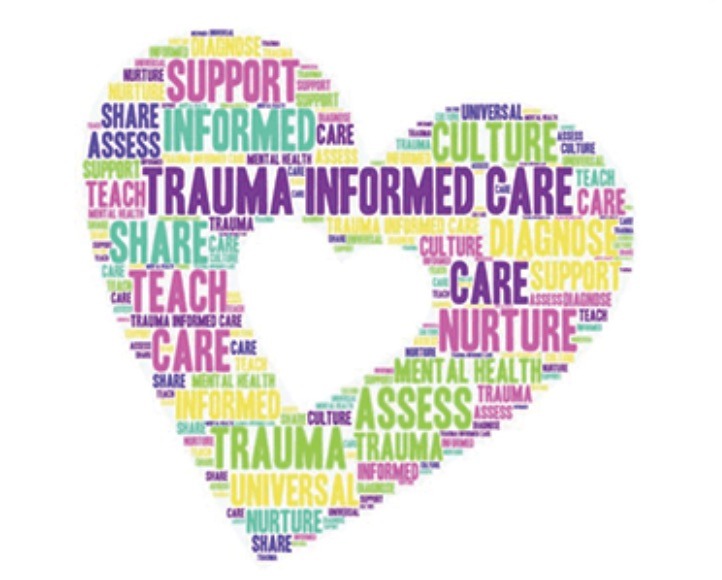Common Time on Oct. 31 examines “Trauma-Informed Classroom Management”

Common Time on Monday, October 31, will feature a presentation by Dr. Heather Hatchett, Professor of Psychology, on “Trauma-Informed Classroom Management.”
This in-person-only presentation takes place in the Main Building Conference Center from 3 to 4:30 p.m., and is open to all College faculty, staff, and administrators.
Dr. Hatchett will discuss specific, straightforward trauma-informed practices that can help to mitigate disruptive behavior in varied academic settings and course formats.
- According to Dr. Hatchett, as many as 1/4 to 1/2 of students have a history of adverse childhood experiences leading to trauma, which is defined as “an emotional response to a terrible situation.”
- Trauma may be a contributing factor to mental illnesses such as PTSD and mood disorders that can potentially affect learning.
- Advances in neuroscience, psychology, and epigenetics (study of how your behaviors and environment can cause changes that affect the way your genes work) have led to greater understanding of the behavioral consequences of trauma, as well as strategies and resources that can be used to address problematic conduct.
- Presentation topics include:
- Neurological changes due to trauma and their relation to disruptive behavior
- Typical forms of disruptive behavior that interfere with a productive classroom environment
- The Center for Disease Control (CDC) 6 purpose-driven principles that maximize learning for all students
- Trauma-informed principles applied to course policies
- Trauma-informed classroom management practices that minimize disruption and maximize learning
- How to recognize potentially dangerous behavior and action steps, including samples of potential interventions
- For more information, you can contact Heather at heather.hatchett@cincinnatistate.edu.